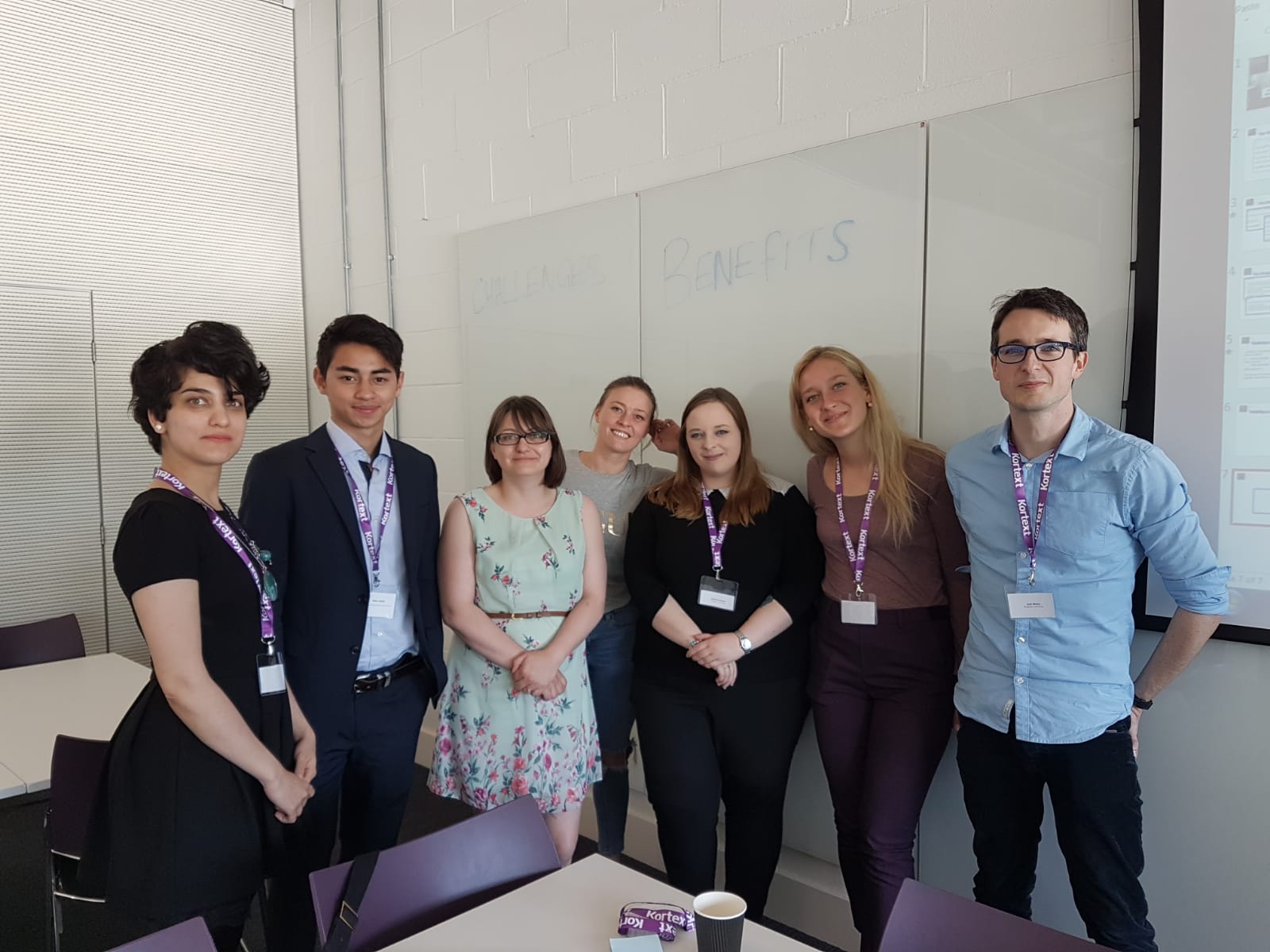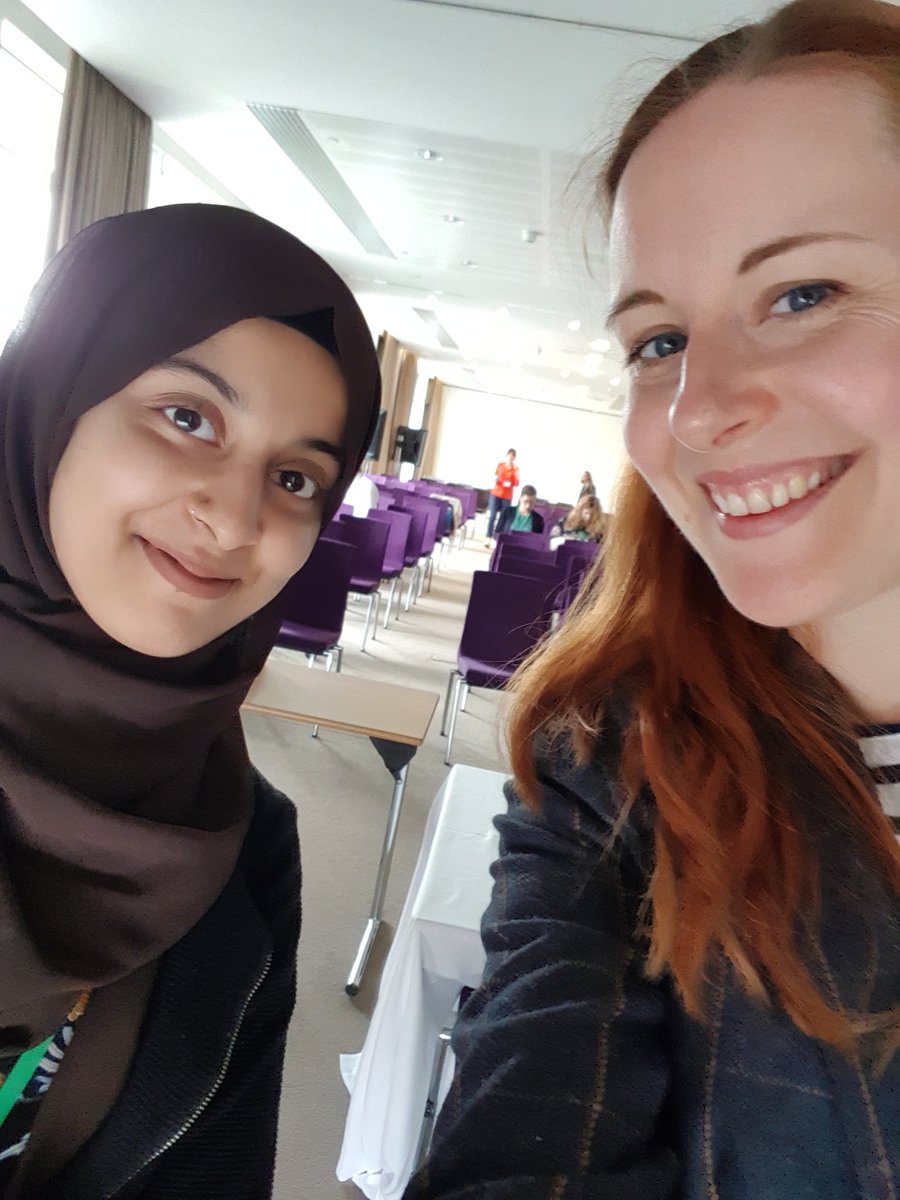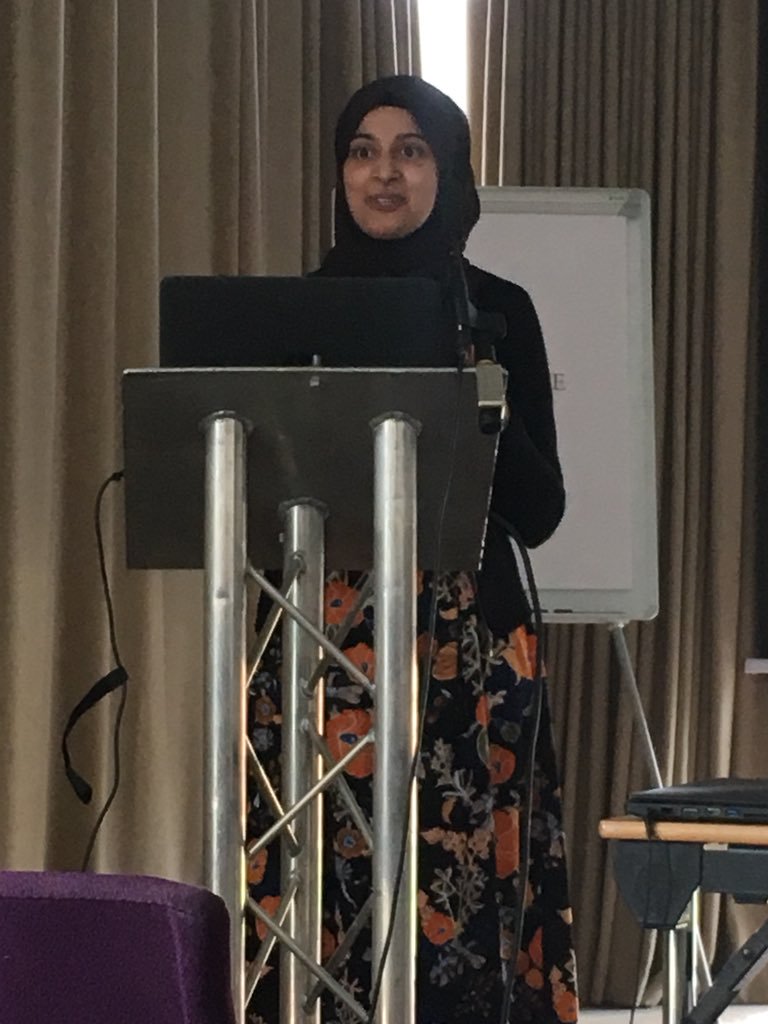Newman paves the way with student collaboration

Newman University, Birmingham has released its findings for its HEFCE Funded innovation project ‘Collaborative development of pedagogic interventions based on learning analytics.’
The university, based in Bartley Green, Birmingham prides itself on being a student centred university which treats its students as individuals rather than a number, something that is echoed within the final report of the project.
The project sought to use student engagement activity data to drive pedagogic innovation, in support of student success. As well as collating student engagement data, Newman University understood it was important to facilitate student-staff partnership projects to understand how students feel this data should be used.
The project was informed by the university’s earlier involvement in the Higher Education Academy, Action on Access and Paul Hamlyn Foundation What Works? Student Retention & Success programme which highlighted to better support student success, it needed to better understand student engagement activity. Thus, the fundamental aim of the project was to enable more students to fulfil their potential.
The project took place in three phases, all of which involved students and staff partnerships and focused on three subject areas: English; Sport and Youth and Community Work. The three student-staff partnerships aimed to consult with students about the sort of interventions they wanted to see as a result of using engagement data and then to design, implement and evaluate the interventions; interestingly all three focused on mentoring as their form of intervention.

One student who became involved within the project was Aaisha Akhtar, a second year undergraduate English student at Newman. Aaisha worked with her Lecturer Kerry Myler and has since been able to present with Kerry and other students at a number of conferences over the last six month including Digifest and SEDA.
Aaisha comments “As someone who initially could not maintain eye contact with the audience she was addressing, getting involved with this project certainly has improved my confidence in public speaking – so much so it is actually something that has seeped into my life outside of university – which is odd considering I would never have imagined myself addressing rooms full of people prior to this student partnership project.”

The student-staff partnerships underscored the principle that students are real, diverse people who cannot be wholly defined or limited by their visible data nor any interpretations of it; using data is an ethical practice and aligns with Newman University’s focus on formative education that seeks to develop the whole person through transformative learning. Indeed, a key finding asserted that interventions should be pedagogically focused and supportive – not punitive.
Sarah Parkes, Tutor for Transition and Retention at Newman University, also worked on the project and has an interest in how and when students might want to talk through issues relating to their studies. Through the project, participants have discovered that students want a tutor and peer proactive mentoring system that responds when data is suggesting someone is falling behind or in need or support. Sarah comments “Peer mentoring came out as a key intervention that students thought would be valuable. They would be happy to have other students get in touch to support them.
“Coming to university is quite a big step for a lot of students. It seems they feel better about it when other students are available to support them as they felt like they wouldn’t be made to look silly – if it was a member of staff, the contact may have felt punitive. However, if it’s another student they felt more comfortable talking about things.
“Our focus on using student engagement data has to sit with our ethos about working with the person at the centre of it all. Whatever we do in terms of an intervention needs to be supportive – and part of a wider mechanism for support – rather than potentially feeling like it was punitive.
Sarah concludes with advice to other academics, “Talk to your students! That’s been a real testament of what we’ve done, helping us to understand how our students feel about this work.”
The project carried out by Newman University showed that using student engagement data to inform proactive peer and tutor-led subject-specific mentoring can assist in supporting the students to navigate their first year of University study. It also showed that the approach enables staff-student and student-student relationships to develop, reducing a feeling of isolation and therefore promoting a sense of belonging to new students. The projects findings also suggests that working in such a way increases assessment submission rates and reduces withdrawal and suspension from the first year of university.
Student, Aaisha Akhtar concludes “It requires active engagement – engagement that was facilitated by the mentoring system, by students and staff working collaboratively to ensure that we’re all able to make the most of our learning experiences. I think that’s what it comes back down to – putting your students at the forefront of such interventions, whether that be by encouraging your students to get involved with staff-student partnerships or by simply developing student-centred approaches where students are viewed as actual people and not just statistics.”
The findings and approach taken by Newman University has proven to be popular with staff working in other HEIs across Europe, inspiring them to potentially take this approach within their own institutions.
